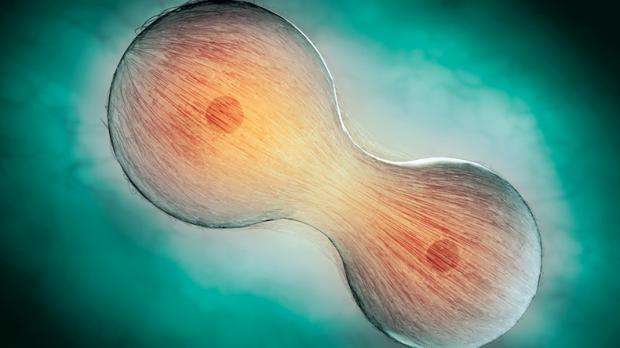
Breaking News
 Christmas Truce of 1914, World War I - For Sharing, For Peace
Christmas Truce of 1914, World War I - For Sharing, For Peace
 The Roots of Collectivist Thinking
The Roots of Collectivist Thinking
 What Would Happen if a Major Bank Collapsed Tomorrow?
What Would Happen if a Major Bank Collapsed Tomorrow?
Top Tech News
 EngineAI T800: Born to Disrupt! #EngineAI #robotics #newtechnology #newproduct
EngineAI T800: Born to Disrupt! #EngineAI #robotics #newtechnology #newproduct
 This Silicon Anode Breakthrough Could Mark A Turning Point For EV Batteries [Update]
This Silicon Anode Breakthrough Could Mark A Turning Point For EV Batteries [Update]
 Travel gadget promises to dry and iron your clothes – totally hands-free
Travel gadget promises to dry and iron your clothes – totally hands-free
 Perfect Aircrete, Kitchen Ingredients.
Perfect Aircrete, Kitchen Ingredients.
 Futuristic pixel-raising display lets you feel what's onscreen
Futuristic pixel-raising display lets you feel what's onscreen
 Cutting-Edge Facility Generates Pure Water and Hydrogen Fuel from Seawater for Mere Pennies
Cutting-Edge Facility Generates Pure Water and Hydrogen Fuel from Seawater for Mere Pennies
 This tiny dev board is packed with features for ambitious makers
This tiny dev board is packed with features for ambitious makers
 Scientists Discover Gel to Regrow Tooth Enamel
Scientists Discover Gel to Regrow Tooth Enamel
 Vitamin C and Dandelion Root Killing Cancer Cells -- as Former CDC Director Calls for COVID-19...
Vitamin C and Dandelion Root Killing Cancer Cells -- as Former CDC Director Calls for COVID-19...
 Galactic Brain: US firm plans space-based data centers, power grid to challenge China
Galactic Brain: US firm plans space-based data centers, power grid to challenge China
Old human cells rejuvenated in breakthrough discovery on aging

A team led Professor Lorna Harries, Professor of Molecular Genetics at the University of Exeter, has discovered a new way to rejuvenate inactive senescent cells. Within hours of treatment the older cells started to divide, and had longer telomeres – the 'caps' on the chromosomes which shorten as we age.
This discovery, funded by the Dunhill Medical Trust, builds on earlier findings from the Exeter group that showed that a class of genes called splicing factors are progressively switched off as we age. The University of Exeter research team, working with Professor Richard Faragher and Dr Elizabeth Ostler from the University of Brighton, found that splicing factors can be switched back on with chemicals, making senescent cells not only look physically younger, but start to behave more like young cells and start dividing.
The researchers applied compounds called reversatrol analogues, chemicals based on a substance naturally found in red wine, dark chocolate, red grapes and blueberries, to cells in culture.

 The State's Last Stand
The State's Last Stand


